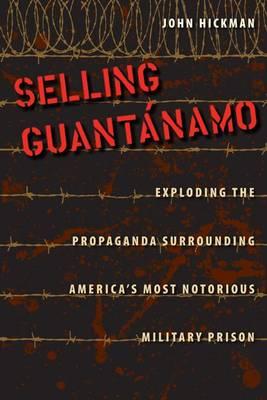By John Hickman | (Informed Comment) | – –
There was something very reassuring about President Obama’s delivery of a carefully reasoned explanation for his Middle East foreign policy during Monday’s Press Conference in Antalya, Turkey. Against the anxious handwringing of the reporters and the improbable outrage of pundits, the president exhibited his trademark self-possession and patience. Here again is a commander in chief who cannot provoked into precipitous action. Obama was at his most persuasive in denouncing the way that Republican presidential candidates like Jeb Bush and Ted Cruz and Republican governors like Bobby Jindal and Nathan Deal have sought to play to public fear about Syrian refugees. Without naming them Obama characterized their statements as “shameful” and “not American.” And he is correct.
Obama also pulled the rug out from under critics demanding that the United States to do more to combat ISIS by pointing out that what most of them seem to want from him is simply more bellicose rhetoric. Without saying so directly, he reminded his audiences that emotional language might entertain but possesses no magical power. Most importantly, Obama took issue with critics who are demanding that the administration commit large numbers of American troops to a ground war against ISIS.
The president patiently explained that a temporary American military occupation of Mosul, Raqaa or Ramadi would offer no lasting solution to the security problem and that permanent occupation would not prevent it from appearing elsewhere. “And let’s assume that we were to send 50,000 troops to Syria,” he offered. “What happens when there’s a terrorist attack generated in Yemen? Do we then send more troops into there? Or Libya, perhaps?” In effect, he was telling his audiences that the United States ultimately lacks the wherewithal to indefinitely occupy every troubled country in the region. And he is correct.
That insight gave reporters the perfect opportunity to ask why the United States was responsible for policing the Middle East. Instead, the next question (from CBS’s Margaret Brennan) returned to the “why aren’t you doing more?” narrative.
Had a reporter dared Obama the forbidden question, the answer would likely have been some combination of one of three arguments. The first is that that United States cannot walk away from the region after investing vast amounts of its “blood and treasure.” This argument is an obvious example of the spend costs fallacy and should be rejected as irrational. The second is that the United States cannot walk away from its allies in the region. This argument assumes that alliances are made and broken on the basis of emotional attachment rather than national interest and should be rejected as inconsistent with the reality of international relations.
The third is that the United States is responsible for having created the tragedies of the region. This argument reflects historical ignorance of the primary roles played by Britain and France in carving up the region at the end of the First World War. To be sure, the United States has contributed its share to the regional nightmare but any additional American military intervention would surely just add to the sum of death and suffering. The last argument is that military intervention there somehow “keeps America safe.” Plainly, inescapably, it does not.
However much reassurance that we might take from the delivery of Obama’ answers in Antalya, he may have no better justification to that most important of questions about Middle East than any of his critics. We can’t know of course unless some member of the press asks him. But why should they? Middle East foreign policy is where their bread is buttered. Like the diplomats, military and intelligence officers and think tank intellectuals whose careers have always depended on “doing more” in the Middle East, reporters have every reason not to pursue that taboo inquiry.
John Hickman is Professor. Department: Government and International Studies at Berry College and author most recently of Selling Guantanamo: Exploding the Propaganda surrounding America’s most notorious military Prison (University Press of Florida, 2013)




 © 2025 All Rights Reserved
© 2025 All Rights Reserved